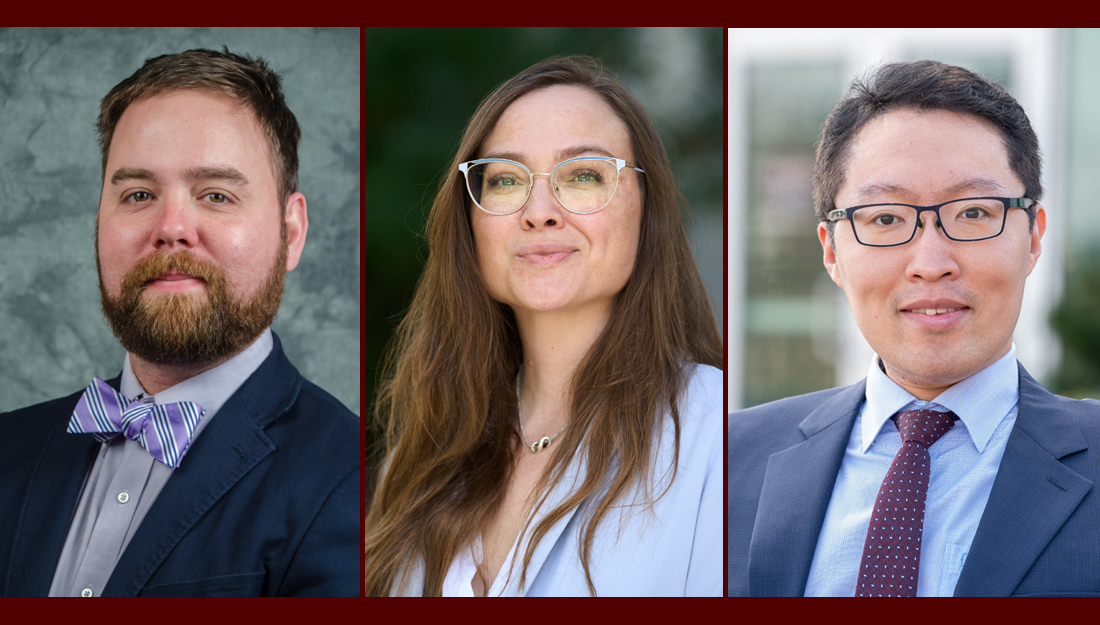Texas A&M-industry collaboration named a finalist for $5.8 million prize for AI-based fall detection device

Clairvoyant Networks, Inc., a U.S.-based industry partner of Texas A&M University’s Center for Community Health and Aging, has been named one of five finalists in a $5.8 million Longitude Prize on Dementia.
The prize was launched by the UK’s Challenge Works in 2022 to encourage innovators worldwide to develop personalized, technology-based tools to help people in the early stages of dementia live independently longer. Clairvoyant Networks and internationally renowned researcher on aging Marcia G. Ory, PhD, Regents and Distinguished Professor in the Texas A&M School of Public Health and researcher with the Center for Community Health and Aging, have developed an AI/neural networking remote monitoring platform that predicts and detects falls by people living with dementia. Based on this work, Clairvoyant was named a semi-finalist for the prize in 2023. The winner will be announced in 2026.
“People with dementia often experience problems with mobility, balance and muscle weakness, as well as memory and other cognitive issues, which makes them vulnerable to falls,” Ory said. “It is exciting to be part of the development and testing of the first precise and practical device that not only assesses the risk of falling but predicts future fall risks, enabling people living with dementia to remain in their homes safely.”
The device is an automated fall detection system that uses artificial intelligence in a neural-network to understand the highly precise data from Ultra Wideband (UWB) technology, a radio technology that collects data related to sensors, location and tracking and is used in smartphones and similar devices. The device also notes changes in the wearer’s gait, balance and other indicators that suggest increased likelihood of falling.
This project will move from lab studies to real-world applications in two phases. In phase 1, the team tested the ability of Clairvoyant’s fall detection system Theora® 360 to detect simulated falls in a laboratory setting. Phase 2 is scheduled to begin soon and involves installation of the system in older adults’ homes in Central Texas.
“The partnership with Dr. Ory and Texas A&M University has been invaluable in moving from a semi-finalist in the Longitude Prize to one of five finalists,” said Clairvoyant Networks, Inc. President and CEO Stephen Popovich. “We look forward to further developing our fall risk prediction system in this next phase.”
Media contact: media@tamu.edu


